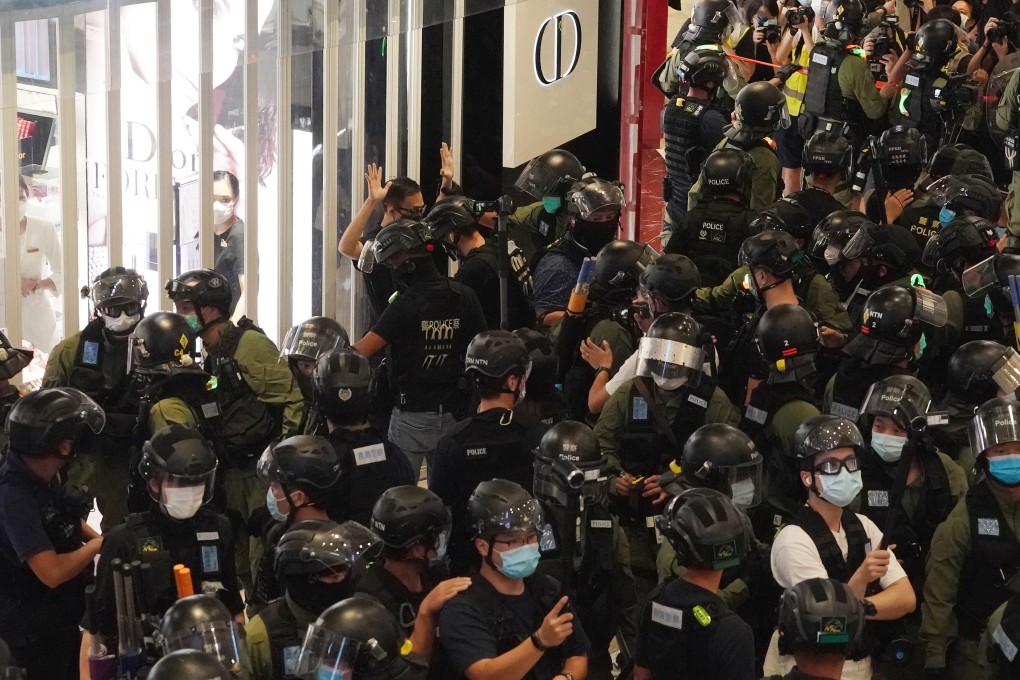Editorial | Wounds from Yuen Long station attacks are yet to heal
- One year on from assaults on innocent train passengers at height of Hong Kong unrest, questions remain about those responsible and why they have not been brought to justice

A year ago, Hongkongers were shocked by the brutal attacks on passengers by an armed mob at Yuen Long MTR station. On the same day, July 21, at the height of the social unrest, the city witnessed the most blatant affront yet to Beijing’s sovereignty as radicals hurled insults and defaced the national emblem at the central government liaison office.
Twelve months have passed and a national security law has been rushed in to ban acts of subversion, secession, terrorism and collusion with foreign forces. But the wounds inflicted by the so-called 7.21 Yuen Long attackers remain unhealed.
The images of innocent people being beaten at random by thugs wearing white T-shirts still haunt many today. There were accusations that police connived in the violence, but they were rejected by the force.
A fact-finding report by the Independent Police Complaints Council also said the claims based on some online messages could not be substantiated, though it stressed it had no power to investigate collusion. More allegations have since emerged and the blame game goes on. By February, only seven of the 37 arrested in the incident had been brought before the courts.

01:37
Rod-wielding mob dressed in white storms Hong Kong’s Yuen Long MTR station, attacks protesters and passers-by
In hindsight, that day was arguably a watershed moment for those protesting against the unpopular extradition bill, later withdrawn by Chief Executive Carrie Lam Cheng Yuet-ngor. It is believed the vandalism at the liaison office prompted Beijing to take more decisive action regarding a national security law.
